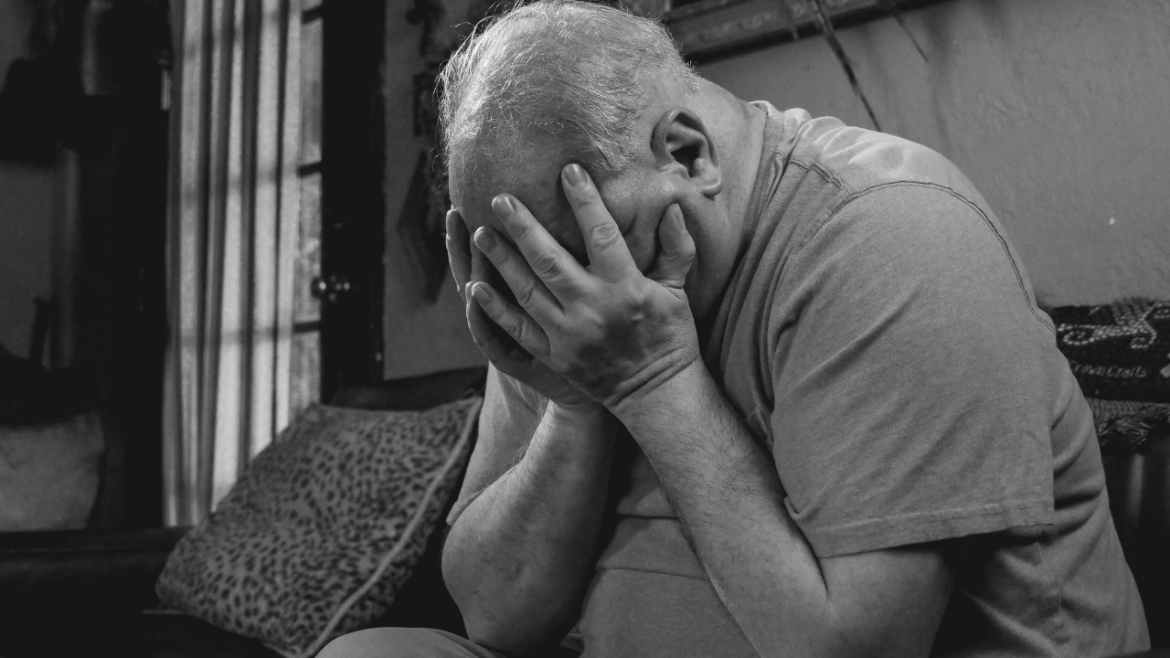Did you know that Leading Edge Senior Care has a Dementia Support Group? We meet monthly in Mesa. For more details <click here>
The Dangers Of Muscle Loss
Muscle loss, or sarcopenia, is a prevalent condition among seniors that poses significant health risks.
The Impact on Mobility and Independence
One of the primary dangers of muscle loss is its impact on mobility and independence. As muscle mass decreases, seniors may experience difficulty with everyday tasks such as walking, standing up from a seated position, or climbing stairs. This loss of mobility can lead to a decline in independence and an increased risk of falls and fractures.
Increased Risk of Chronic Conditions
Muscle loss is also associated with an increased risk of chronic conditions such as diabetes, cardiovascular disease, and osteoporosis.
Importance of Strength Training
Strength training exercises are crucial for combating muscle loss in seniors. These exercises help to build and maintain muscle mass, improve strength, and enhance overall physical function.
Incorporating Protein-Rich Foods
A diet rich in protein is essential for seniors looking to prevent muscle loss. Protein helps to support muscle repair and growth, making it vital for maintaining muscle mass.
Hydration and Muscle Health
Staying hydrated is essential for muscle health. Dehydration can contribute to muscle cramps and fatigue, making it more challenging to engage in physical activity and maintain muscle mass.
The Role of Regular Physical Activity
Regular physical activity is key to preventing muscle loss and maintaining overall health in seniors. Activities such as walking, swimming, and cycling can help to improve muscle strength, flexibility, and balance.
Conclusion
In conclusion, muscle loss poses significant risks to the health and well-being of seniors. By incorporating strength training exercises, protein-rich foods, and staying hydrated, seniors can mitigate the dangers of muscle loss and maintain their independence and mobility for years to come.

